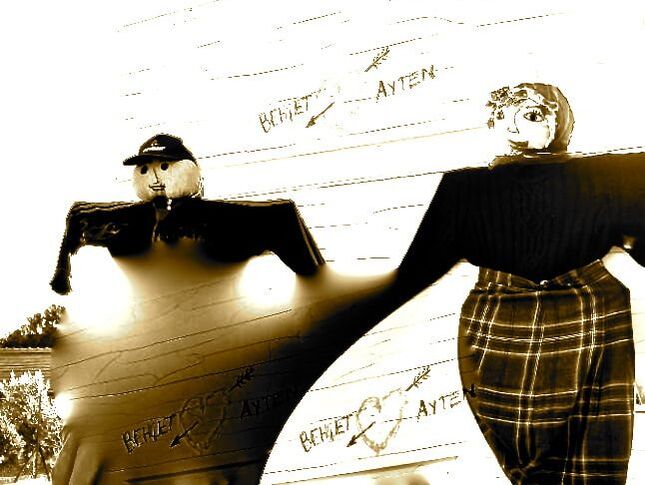|
|
|
Social categories establish group boundaries, and also may become obstacles to social interaction and contact between groups. In intimate relationships such as marriage and family, taboos may arise upon historically and socially constituted categories.
Intermarriage confronts these taboos: how individuals transcend social boundaries and create another 'us' through their strong relationships and strategies to deal with social oppression and prejudice. Intermarriage also has the potential to enhance social contacts between different groups, to solve group discontents, to question identity, group boundaries, prejudices and stereotypes, and to lead to more integrated societies. In the Turkish context, Alevi and Sunni intermarriages are a good example of how group boundaries can be blurred, and how categories intersect with different political standings and worldviews, gendered systems and subjective positions.
From 2014 to 2017, I led a research project to investigate intermarriage between people from the Alevi and Sunni communities in the city of Izmir on the western coast of Turkey. The project aimed to investigate, using qualitative research, how contact between different communities can be built and sustained through the marriage of two individuals. However, I found that even the definitions of groups, social categories and people’s understandings of their identifications were contestable. Therefore, it is crucial to examine how self and group identifications are constructed, negotiated or transformed in marriages in relation to their broader contexts. There were four key questions in our research: How do the partners in intermarriages define their family background categories (in this example, Sunniness and Aleviness)? How do they identify in relation to these categories? How do they perceive differences between these categories, themselves and their spouses? How do they construct a ‘we’ within and/or beyond these categories?
My Identities article, 'Creating a ‘we’ between categories: social categories and Alevi-Sunni intermarriages', presents my findings on Alevi-Sunni intermarriages in the city of Izmir, Turkey. The article describes how Alevi and Sunni partners identify their Aleviness and Sunniness in relation to historical backgrounds of these categories in Turkey and current political discourses, as well as their own subjective positions. Their identifications and perceptions of differences reveal blurred group boundaries, processes of transcending the categories in their very particular experience of 'us', and traces of local and global reflections on these identity categories. I explain how partners in Alevi-Sunni intermarriages recognise differences between Sunniness and Aleviness, how they define these categories and identify themselves in relation to them, and how their marriage influences their identifications. Spouses’ shared experiences of their relationship with each other and their corresponding communities can make both themselves and their social environment think more deeply about pre-defined identities and categories. This can also cause dissonances with former categorisations and create either modified or totally novel identifications. Whether of Sunni or Alevi backgrounds, spouses redefine categories and situate themselves and their partners as a 'we' within their re-identifications along with their sociopolitical, local and global representations.
Blog post by Gül Özateşler-Ülkücan, Dokuz Eylül University, Turkey
Read the full article: Özateşler-Ülkücan, Gül. Creating a ‘we’ between categories: social categories and Alevi-Sunni intermarriages. Identities: Global Studies in Culture and Power. DOI: 10.1080/1070289X.2019.1627069
0 Comments
Your comment will be posted after it is approved.
Leave a Reply. |
|
Explore Identities at tandfonline.com/GIDE |
|
The views and opinions expressed on The Identities Blog are solely those of the original blog post authors, and not of the journal, Taylor & Francis Group or the University of Glasgow.

